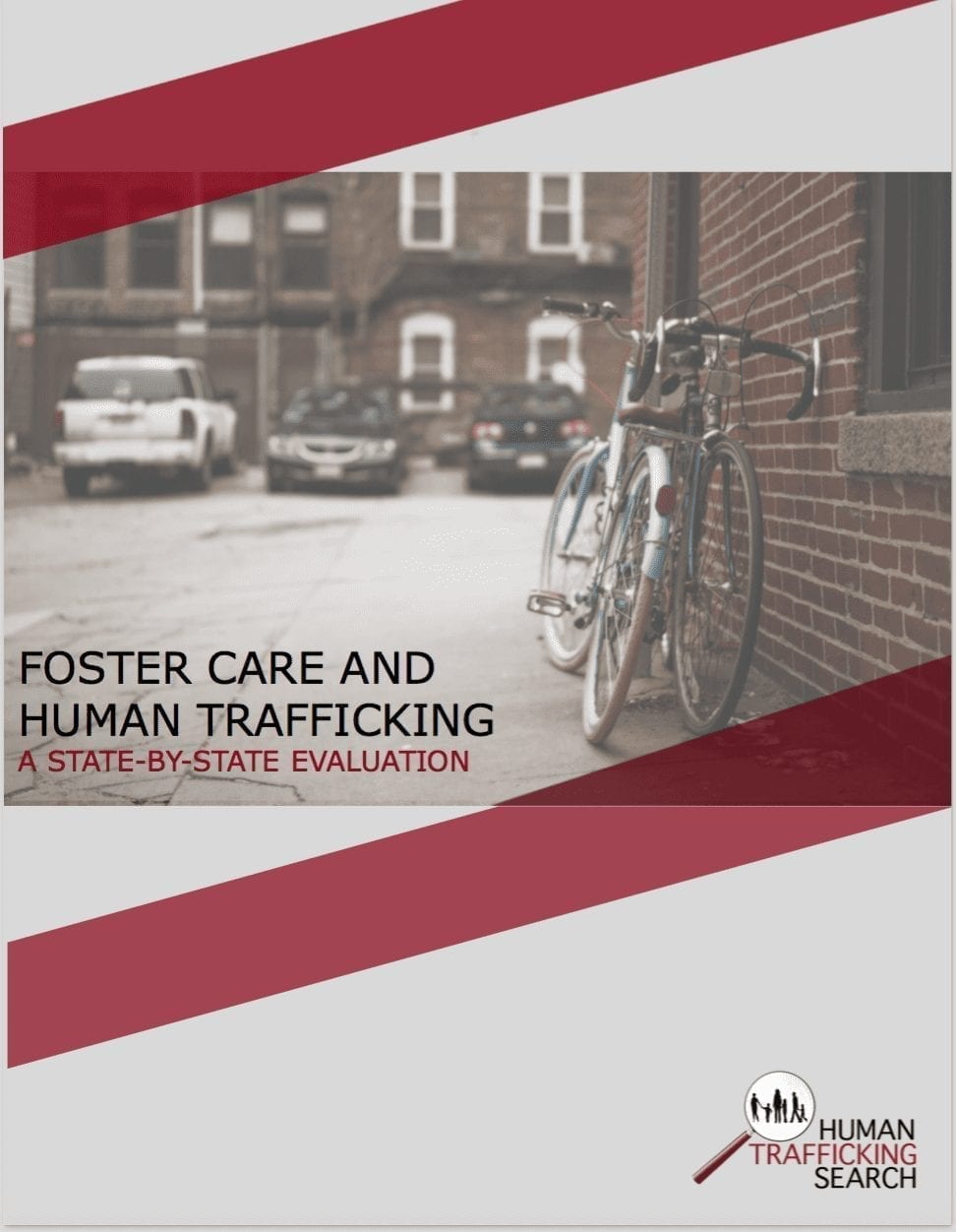
The Best and Worst States in Protecting Foster Youth from Being Trafficked
Human Trafficking Search recently published a state-by-state report card examining the link between foster care and human trafficking across states to grade states on their foster care and anti-trafficking provisions. This blog is the second of a blog series to summarize the publication. All states were ranked based on six criteria, as discussed in our previous blog. This blog examines which states did best and which were graded worst.
The top three states by the numbers were Texas (23.5 out of 32), Illinois (23.5), and California (23). All three have reporting laws that mandate that child welfare agencies report children missing from their care, and that children in care are screened for signs of trafficking. Texas received full points in the category of aging out policies, while Illinois received full points for relevant anti-trafficking provisions. California received full points in the task forces and LGBT protections categories. However, all three states struggle in the kinship care category.
The three states with the lowest scores were Idaho (9 out of 32), South Dakota (11.5), and North Dakota (12). None of these three states received any points in the reporting laws or LGBT protections categories. They also scored very low in the anti-trafficking provisions category. Overall, most states were strong in one area (either foster care or trafficking), but lacked protections in the other.
Interestingly, several of the highest states had the same or worse scores in certain categories as the lowest states. For example, California and North Dakota had the same score in the kinship care category: a 4 out of 6. North and South Dakota had a better kinship care score (with a 2.5 out of 6.5) than all three of the top-scoring states (1.5, 2, and 1.5 respectively). These instances exemplify the fact that all states struggled to adequately protect foster care children in some areas regardless of their overall score.
In fact, it is important to note that even the best states did not excel. The highest states received a 73%, barely a passing grade. The average for all of the states was a 17 out of 32 (53%). States were most lacking in the kinship care category, and the lowest scoring states took a big hit because of their lack of LGBT protections. Every state must examine the issues presented in the criteria and be made aware of the links between foster care and human trafficking so that they can increase protections in both areas not just focus on one.
Break down of the highest and lowest-scoring states:
| States | Aging Out (6.5) | Kinship Care (6) | Reporting Laws (2) | Anti-Trafficking Laws (7) | Task Forces (3) | LGBT (3.5) | Foster Care Laws (6.5) | Total |
| Texas | 6 | 1.5 | 2 | 4.5 | 3 | 1 | 5.5 | 23.5 |
| Illinois | 5 | 2 | 2 | 7 | 2 | 1.5 | 4 | 23.5 |
| California | 4 | 1.5 | 2 | 5 | 3 | 3.5 | 4 | 23 |
| North Dakota | 4 | 2.5 | 0 | 2 | 2 | 0 | 1.5 | 12 |
| South Dakota | 3 | 2.5 | 0 | 1.5 | 0 | 0 | 4.5 | 11.5 |
| Idaho | 3 | 1.5 | 0 | 2 | 1 | 0 | 1.5 | 9 |
Interested in doing something about your state’s score? Contact your state or national representative and demand that they prioritize foster care and human trafficking based on where your state is lacking.
Make sure to return to our site next week to read a full analysis of our publication. Can’t wait until then? Read the full publication here.
